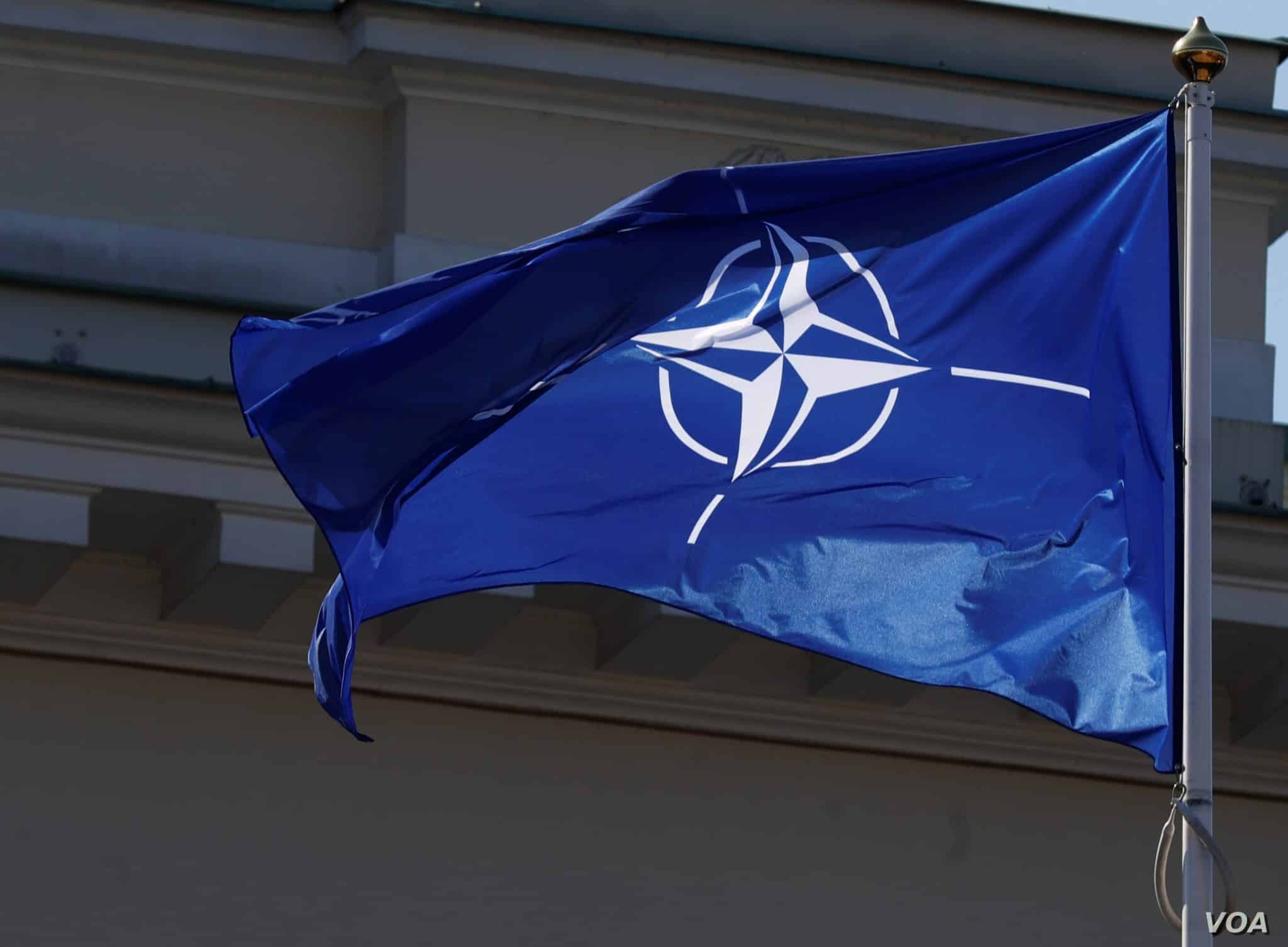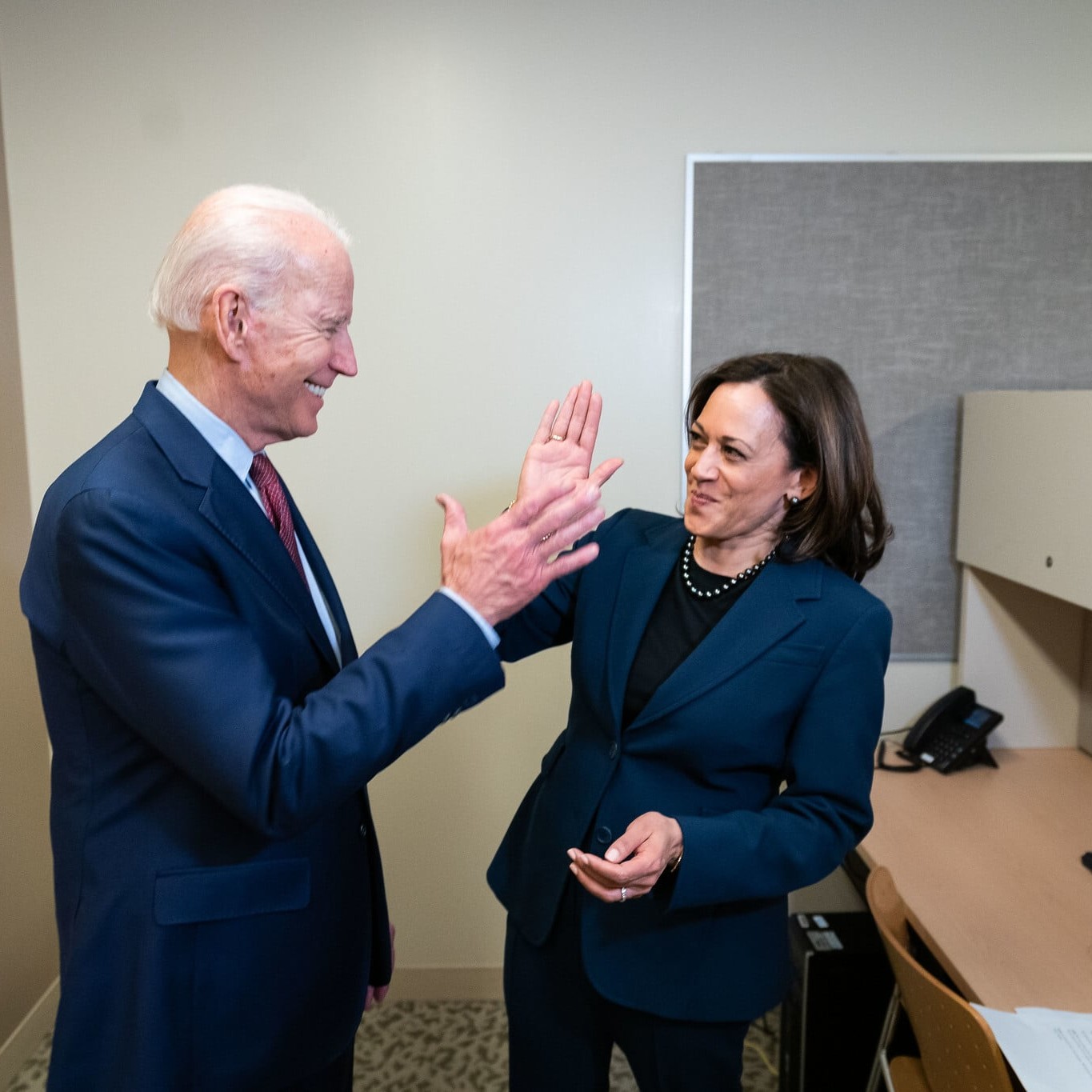When Mark Twain observed that rumors of his death had been “greatly exaggerated,” he left out the fact that those words would become true eventually, as they did in 1910 when the great American author died. Similarly, given the huge resources assigned to the greatest military alliance in the world, it is difficult to take at face value the words of Emmanuel Macron that we are “experiencing the brain death of NATO.” But could the comments of the French president portend the future?
It is true that Europe has witnessed some very bad defensive decisions in the past. A few military planners in the 1930s expected cavalry to have a combat role in the coming war. Others assumed that bomber aircraft would be decisive. Too much faith was placed in the Maginot Line, the robust concrete wall which defended against German tanks, until the panzers simply went around it. European defense is still vulnerable to strategic shocks today, and some of these have exposed flaws in earlier calculations by NATO. Take the Russian annexation of Crimea or the ongoing Russian use of hybrid attacks to destabilize neighbors and adversaries, including cybersecurity attacks and political meddling.
But like any credible military outfit, NATO has been industrious in its efforts to learn from these episodes and correct for the vulnerabilities they uncovered. Following Crimea, for example, NATO has made sure it can mobilize a well equipped force swiftly, ready to meet and match any Russian forces trying to enter the Baltic states. NATO exercises have adapted to make hybrid attacks center stage, forcing military minds to think through their response to a complicated challenge. NATO has also been working hard to counter Russian efforts to spread lies online.
Already, NATO recognizes that the attacks it needs to deter are not on the conventional battlefield. There are potentially greater threats in space, on the internet, and under the sea. Precisely how the alliance operates is also a challenge. Much more needs to be done by militaries working closely together, rather than stovepiped under national flags. Civilians need to be integrated effectively, so that NATO can draw on a broad array of skills and talents. Updates are needed to both military hardware and training and doctrine software that determines how that hardware is actually used.
Rapid technological progress means NATO must adapt swiftly, or Macron may turn out to be prescient with his words. As adversaries pioneer new military applications of artificial intelligence, members of the alliance need to keep ahead. Similarly, as hypersonic missiles and directed energy weapons move from science fiction to battlefield reality, NATO cannot allow itself to become vulnerable to a doctrine based on these modern weapons. Deterring attacks from these new and disruptive technologies requires foresight and preparation. NATO needs to work through the practicalities of making our defenses ready and able to fight back.
Inevitably, there will be disagreements, as 29 democracies with different histories will certainly disagree from time to time. Differences of opinion are nothing new. Just think of the Suez Crisis or the Iraq War. Alliances are built to be durable and to survive individual leaders and disrupters. NATO has been through much worse, and it has always come out stronger.
NATO leaders will gather in London next month to review the progress on how the alliance adapts to current challenges. Some parts of the agenda are no doubt moving faster than others, but even where it is doing well, NATO will still need to modernize and adapt. Is it responding fast enough? We can never know for certain until it is tested. However, if it is not tested, then that could mean the alliance has successfully deterred the worst.
Such rapid adaptation is not the sign of an institution that is experiencing brain death. It is, in fact, quite the opposite. The alliance is as mentally alive as it could be, kept on its toes by vigorous 21st century challenges. But like the rumors about Twain, could the words of Macron eventually turn out to be true? It is something we will always need to think about, because by thinking about it, we can ensure that the answer is no.
Iain King is a visiting fellow with the Center for Strategic and International Studies and was defense counselor in the British Embassy in Washington.
Redazione
La redazione di Babilon è composta da giovani giornalisti, analisti e ricercatori attenti alle dinamiche mondiali. Il nostro obiettivo è rendere più comprensibile la geopolitica a tutti i tipi di lettori.
L’evoluzione dei sanitari a terra: design moderni e materiali innovativi per una scelta sempre più popolare
23 Dic 2024
Quando si parla di design di interni e arredamento sono tantissimi i fattori che entrano in gioco. Ciascuno di noi ha…
Se le questioni di genere dettano le agende di politica estera
19 Dic 2024
Il perseguimento di politiche identitarie da parte dell'establishment della politica estera occidentale sta portando a…
Dall’origine straniera all’icona americana: il fenomeno dello sport negli Usa
14 Mar 2024
Molti sport americani sono accomunati da un aspetto particolarmente curioso: raramente sono davvero nati sul suolo…
Roulette europea, francese o americana? Ecco un approfondimento
22 Set 2023
La roulette è un classico intramontabile dei casinò, amata da milioni di appassionati in tutto il mondo. Una delle…




